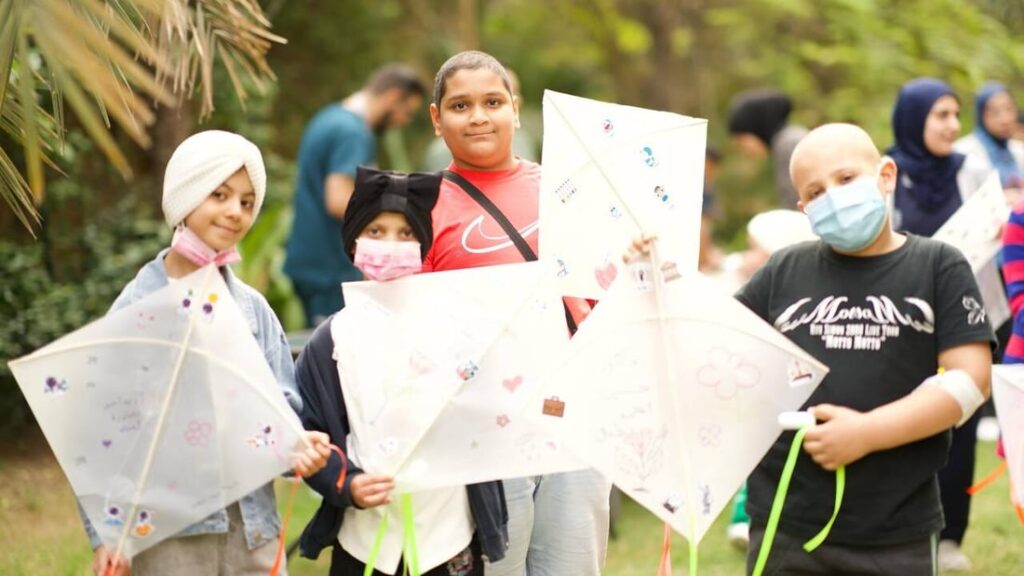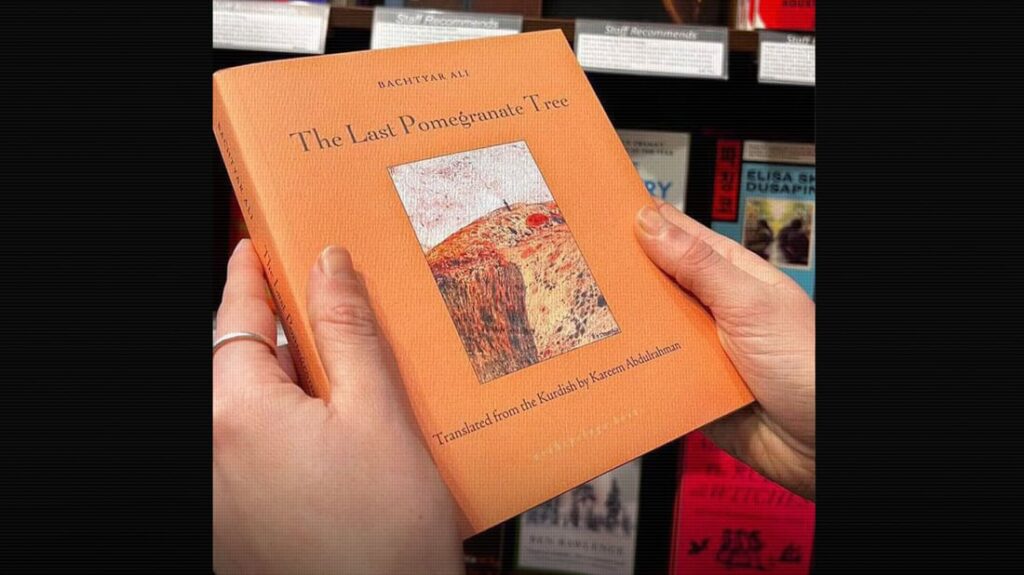Kurdish singer Mazhari Khaleghi returns to Iran after 35 year exile

SULAIMANI, Iraq’s Kurdistan region,— After a 35-year absence, celebrated Kurdish singer Mazhari Khaleghi returned on Monday to his hometown of Sanandaj in Iranian Kurdistan (Rojhelat), western Iran, to receive an award from the Kurdish Elite Congress (KEC), a Kurdish cultural advocacy organisation, Rudaw TV reported.
Khaleghi was received by the governor of the Kurdistan province, Bahman Maradnya, upon entering Iran through the Kurdistan Region of Iraq’s western Bashmakh border crossing.
The KEC will hold its first-ever congress on Tuesday, sponsored by the Governor’s office and a number of other institutions, it says.
“Thirty Kurdish world-known elites and five people who have worked on behalf of Kurds will be honored and appreciated over the two days,” said Adnan Barzanji, head of the KEC, on Saturday.
Born in 1938, Khaleghi was raised in Sanandaj, where he impressed his primary school teachers with his singing voice.
Moving to Tehran, he worked at a radio station. Originally singing in Persian, he later began composing and singing in Kurdish.
“One of my songs played during the inauguration of the Emperor [Shah] of Iran. It was a great honour for me and the Kurdish nation that they used one of my melodies for the greatest event in Iran,” he said in a speech at TEDx Nishtiman in Erbil in August 2018.
The Islamic Revolution of 1979 saw restrictions placed on artistic, including musical, practice, which was seen as taboo by the new government.
Khaleghi fled the country five years later, moving to Europe.
“I stayed away from everything [musical] at that time,” he said at the TED event.
However, he also said that no one, including the politically oppressive, can stop the expression of free thought.
“When the tongue is blocked by a dictator, the pen starts working. With the pen, music will emerge,” he said, adding that “music is everything.”
The prolific Kurdish singer has recorded more than 150 pieces of Kurdish folk melodies to date, with several orchestras.
His piece de resistance is his song “I Will Return,” with its lyrics of patient resistance: “Whether the enemy likes it or not … Today or tomorrow I will return to Kurdistan … I will return to my country.”
Moving to the Iraq’s Kurdistan region (Bashur) in 2003, he established the Kurdish Heritage Institute in Sulaimani. He is known for his insistence on the preservation of traditional Kurdish musical genres.
“We [Kurds] have a rich musical variety,” he said at a seminar in Sulaimani in January 2016, adding that this musical canon will enable the future development of Kurdish music.
In an interview with Rudaw TV in the same year, he reiterated the need for Kurds to preserve their heritage.
But when asked if Kurdish music is in any way endangered, he downplayed the harm of mixing Kurdish music with foreign styles.
“Like all other sciences, music is also developing. We cannot maintain Kurdish, Arabic, English, European and Mexican music as they are for thousands of years,” he explained.
Khaleghi’s work has acted as a source of spiritual and mental nourishment for other Kurdish artists.
“For me, Khaleghi is a daily spiritual, mental meal. I cannot stop listening to him even if I do not want to. I love him even if I am mad at him because he provides tranquility and happiness,” wrote Bwar Nuraddin in an article in after Khaleghi was awarded an honorary doctorate by the University of Salahaddin on May 5, 2019.
Ever since its emergence in 1979 the Islamic regime imposed discriminatory rules and laws against the Kurds in all social, political and economic fields.
The Kurds in Iran experience discrimination in the enjoyment of their religious, economic and cultural rights. Parents are banned from registering their babies with certain Kurdish names, and religious minorities that are mainly or partially Kurdish are targeted by measures designed to stigmatize and isolate them.
Kurds are also discriminated against in their access to employment, adequate housing and political rights, and so suffer entrenched poverty, which has further marginalized them.
Kurdish armed groups, such as PJAK and Komala, have been in conflict with the Iranian government for decades, and are seeking greater autonomy for the areas inhibited by ethnic Kurds. These armed Kurdish groups are widely spread across the 60-kilometer border with neighboring Iraqi Kurdistan region.
Estimate to over 12 million Kurds live in Iranian Kurdistan.
Copyright © 2019, respective author or news agency, Ekurd.net | rudaw.net
Comments



